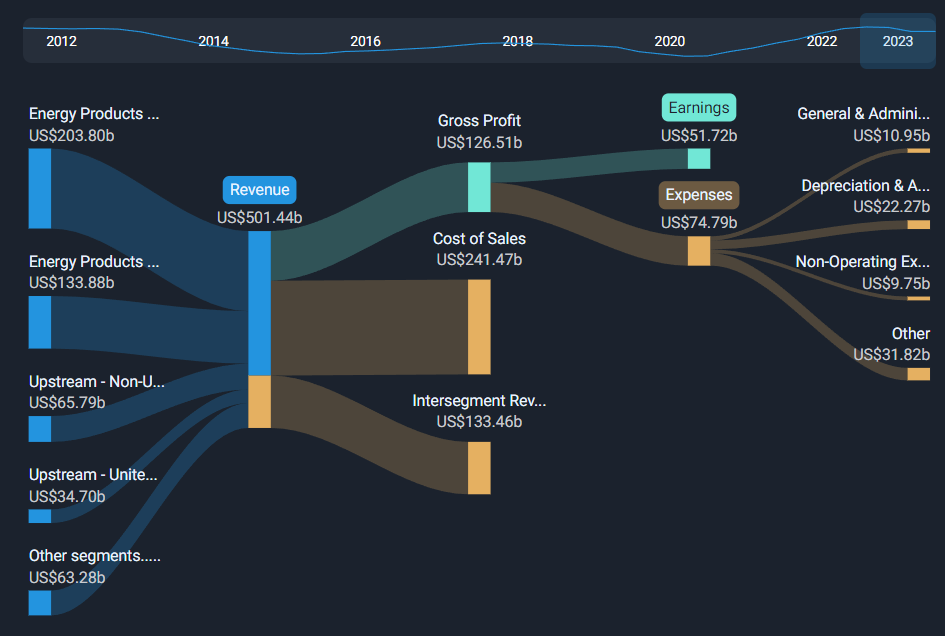Financial Earthquake: Turkey Cranks Interest Rates to 46% in Dramatic Economic Survival Move
Finance
2025-04-17 13:11:31Content

In a bold move to combat persistent economic challenges, Turkey's central bank dramatically increased its key interest rate by 3.5 percentage points on Thursday, breaking a three-month trend of monetary easing. The decision comes amid a complex landscape of stubborn inflation, financial market volatility triggered by the recent arrest of Istanbul's mayor, and ongoing global economic pressures.
The Monetary Policy Committee made a significant adjustment, raising the benchmark one-week repo rate from 42.5% to 46%. Simultaneously, they elevated the overnight lending and borrowing rates to 49% and 44.5%, respectively, signaling a robust stance against economic uncertainties.
While acknowledging a decline in the main inflation trend during March, the committee remained cautious. They warned of potential slight increases in core goods inflation for April, attributing this to recent developments in financial markets. Services inflation, however, is expected to remain stable.
This decisive action reflects the central bank's commitment to navigating Turkey's intricate economic environment, balancing inflation control with market stability in an increasingly unpredictable global financial landscape.
Economic Tremors: Turkey's Central Bank Navigates Turbulent Financial Waters
In the complex landscape of global economic policy, Turkey finds itself at a critical crossroads, where monetary decisions can ripple through financial markets with profound implications. The recent actions of the Turkish Central Bank represent a strategic response to a multifaceted economic challenge that demands nuanced and decisive intervention.Monetary Policy Under Pressure: A High-Stakes Financial Balancing Act
Interest Rate Dynamics and Inflation Management
The Turkish Central Bank's recent decision to elevate its key interest rate by 3.5 percentage points signals a significant shift in monetary strategy. This bold move breaks a three-month period of consistent easing, reflecting the institution's recognition of complex economic pressures. By adjusting the benchmark one-week repo rate to 46% from 42.5%, policymakers are sending a clear message about their commitment to stabilizing the nation's financial ecosystem. The intricate dance of interest rates reveals a sophisticated approach to managing economic volatility. Overnight lending and borrowing rates have been strategically recalibrated to 49% and 44.5% respectively, demonstrating a calculated response to emerging economic challenges. These adjustments are not merely numerical tweaks but represent a comprehensive strategy to combat inflationary pressures and restore market confidence.Contextual Challenges Shaping Monetary Policy
The Central Bank's decision emerges against a backdrop of multifaceted challenges. The recent arrest of Istanbul's mayor has introduced an additional layer of political complexity to the economic landscape. This event, coupled with global tariff dynamics, creates a volatile environment that demands sophisticated financial maneuvering. Inflation trends provide a nuanced narrative of economic health. While the March inflation data suggested a potential decline in the primary trend, the bank remains vigilant about potential future fluctuations. Core goods inflation is anticipated to experience a slight uptick in April, driven by recent financial market developments. Services inflation, meanwhile, is expected to maintain its current trajectory.Global Economic Interconnectedness
Turkey's monetary policy cannot be viewed in isolation. The global economic ecosystem is increasingly interconnected, with local decisions having potential ripple effects across international markets. The Central Bank's strategic adjustments reflect a deep understanding of these complex interdependencies. The decision to raise interest rates represents more than a simple monetary tool; it is a sophisticated signal to both domestic and international investors. By demonstrating a proactive approach to economic management, Turkey aims to restore confidence and create a more stable investment environment.Future Outlook and Strategic Implications
As financial markets continue to evolve, the Turkish Central Bank's approach offers insights into modern monetary policy. The ability to adapt quickly, respond to emerging challenges, and maintain economic stability is crucial in today's rapidly changing global landscape. The current strategy suggests a careful balancing act between controlling inflation, managing market expectations, and maintaining economic resilience. Each percentage point adjustment represents a calculated risk, designed to navigate the complex terrain of contemporary financial systems. Investors, economists, and policymakers will be watching closely to see how these strategic decisions unfold and what implications they might have for Turkey's economic trajectory in the coming months.RELATED NEWS
Finance

From Global Numbers to Local Dreams: ISU Grad's Remarkable Journey in Finance and Math
2025-05-02 15:51:04
Finance

Breaking: Gordon Brothers Expands Financial Horizons with Cutting-Edge Commercial Equipment Financing
2025-02-25 14:05:04






